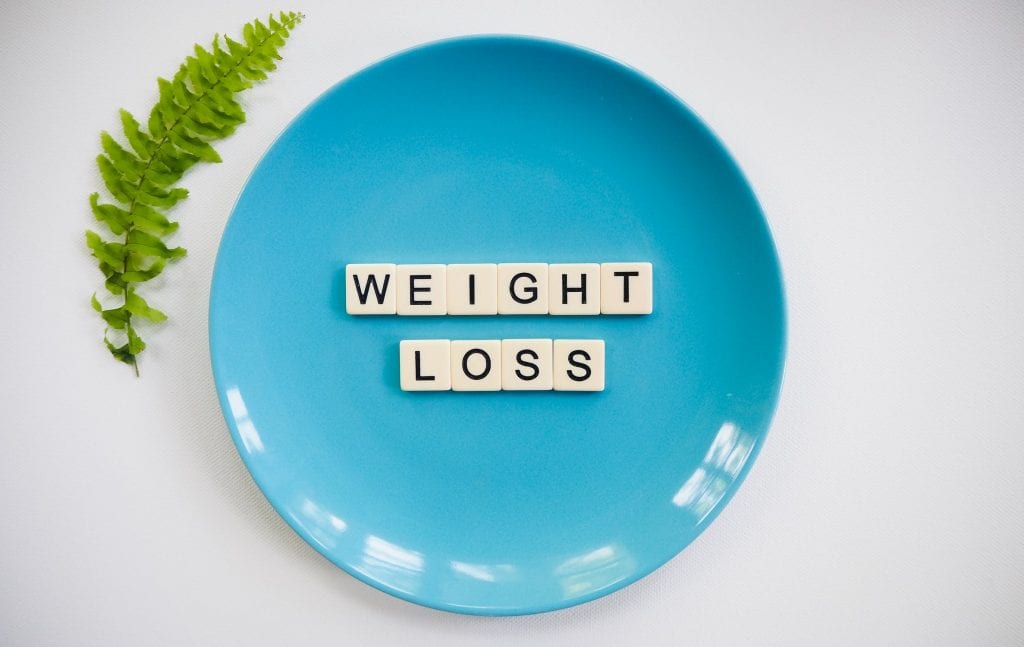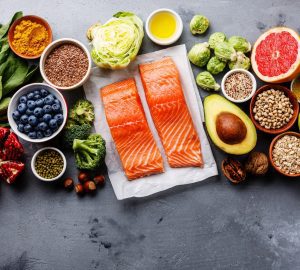If you’ve heard about the Keto diet but you’re not quite sure what all the fuss is about, you’re not alone. But rest assured, the benefits of a ketogenic are not to be underestimated.
It works by transitioning your body from burning glucose (produced by your body processing carbohydrates) to burning ketones (produced by your body processing fat). You do this by limiting your carbohydrate levels to around 20g a day and increasing your fat intake. After 3-5 days, your body will start burning fat for energy, a state known as ketosis.
But why is ketosis beneficial? Here are seven reasons to try the Keto diet:
1. Weight Loss

Many people are trying ketogenic diet plans to achieve weight loss. Studies from Totalshape.com show that Keto is a highly effective nutritional regime for losing a few extra pounds. It’s particularly useful for fat loss and losing belly fat.
When compared to low-fat diets, further studies show Keto diets are more effective for weight loss, even when dieters on both nutrition plans were following the same calorie count.
But how do Keto diets achieve these results?
A Keto diet encourages weight loss by helping your body to burn fat instead of burning sugar for energy. When you change your food intake based on prescribed proportions of macronutrients (carbs, proteins, and fats), your body moves into a state of ketosis, meaning it is now burning fat for energy.
On a standard diet, your body burns glycogen (produced by eating carbohydrates) for energy. By lowering your carbs to 20g per day, your body runs out of glycogen to burn. Instead, it starts to process stored fat. Processing the fat produces ketones, which now fuel your body.
Since your body is now burning fat reserves, you’ll notice weight loss and a reduction in belly fat, too.
2. Improved Brain Function
But weight loss is not the only benefit of a Keto diet. In fact, the diet was created to treat those suffering from forms of epilepsy in the early twentieth century. More recent studies suggest that it could also play a part in treating other ailments of the brain, such as headaches, sleep disorders, neurodegenerative conditions, and brain cancer.
Once your body starts burning ketones for energy, it produces ?-hydroxybutyrate (BHB), acetoacetate, and acetone. These are all then moved around via mitochondria in the bloodstream to fuel your body and your brain.
BHB may be an even more efficient energy source than glucose. So it’s thought that using BHB as fuel helps to boost energy production in the brain. Deficient energy production is a common thread among many neurodegenerative conditions. So ketogenic diets may help to defend your neurons against such conditions.
3. Improved Heart Health

The main way to boost cardiovascular health on a Keto diet is by choosing sensible sources of “good” fats. In other words, high fat intake is not an excuse to live off of fatty bacon and steaks.
A study in 2010 focused on two low carb groups: one who sourced their fats from vegetables and foods rich in Omega 3 fatty acids, and the other who sourced their fats mainly from meats. The study found that the first group lowered their risk of heart disease by 23% more.
Differences in the improvement of heart health in Keto diets are usually down to one thing: all fats are not created equal. To boost your cardiovascular system with Keto, focus on lowering LDL (“bad”) cholesterol and improving HDL (“good”) cholesterol. That means limiting the bacon and steak and opting for unprocessed options such as nuts, avocado, and salmon, among others.
4. Increased Energy
Beginners to Keto might scoff at the idea of increased energy. And it’s true that for the first few days, side effects of ketogenic diets can include lethargy and fatigue. But one of the leading long-term benefits reported by consistent Keto dieters is an increase in their overall energy levels.
When you’re eating a standard moderate-high carbohydrate diet, your body uses spikes and dips of glucose to generate energy, sending insulin coursing through your body to shift glucose to your cells. These spikes and dips often leave us feeling tired, sluggish, and unable to concentrate.
But on the Keto diet, you have trained your body to burn fat for energy instead. So, your body no longer has to wait for its next hit of carbs to convert into sugar for energy. Instead, if it’s running low on fuel, your body simply taps into its reserves of fat.
The result for you is consistently high energy levels without “sugar crashes” throughout the day.
5. Cancer Prevention

A study on mice found that a ketogenic diet can help to fight cancer. In the study, the mice consumed a ketogenic diet to maintain consistent blood sugar levels. While cancerous tumors didn’t shrink, the Keto diet appeared to prevent them from growing further.
Even though the evidence in humans is not yet concrete, experts agree that the Keto diet seems to have the potential to help stave off many different forms of cancer or, at the very least, help to boost the effectiveness of other cancer-fighting treatments.
6. Appetite Regulation
Your body produces and distributes hormones (such as insulin) that help to signal “hunger” to your body. On the Keto diet, these hormones are lowered, regulated, and interact with each other differently. So you no longer feel hungry just two hours after a meal like you might find on a carb-heavy diet.
7. Improved Immune System
The Keto diet can help to strengthen your immune system by reducing inflammation and incorporating a higher level of micronutrients (vitamins and minerals) into your diet.
Inflammation is part of your body’s built-in autoimmune response to fight off sickness and infection. But it can sometimes go into overdrive, which can be detrimental to the immune system. Ketogenic diets are proven to reduce inflammation, which helps us keep a healthy functioning immune system.
If you’re trying to lose weight and improve your overall health in 2020, give the Keto diet a try!










